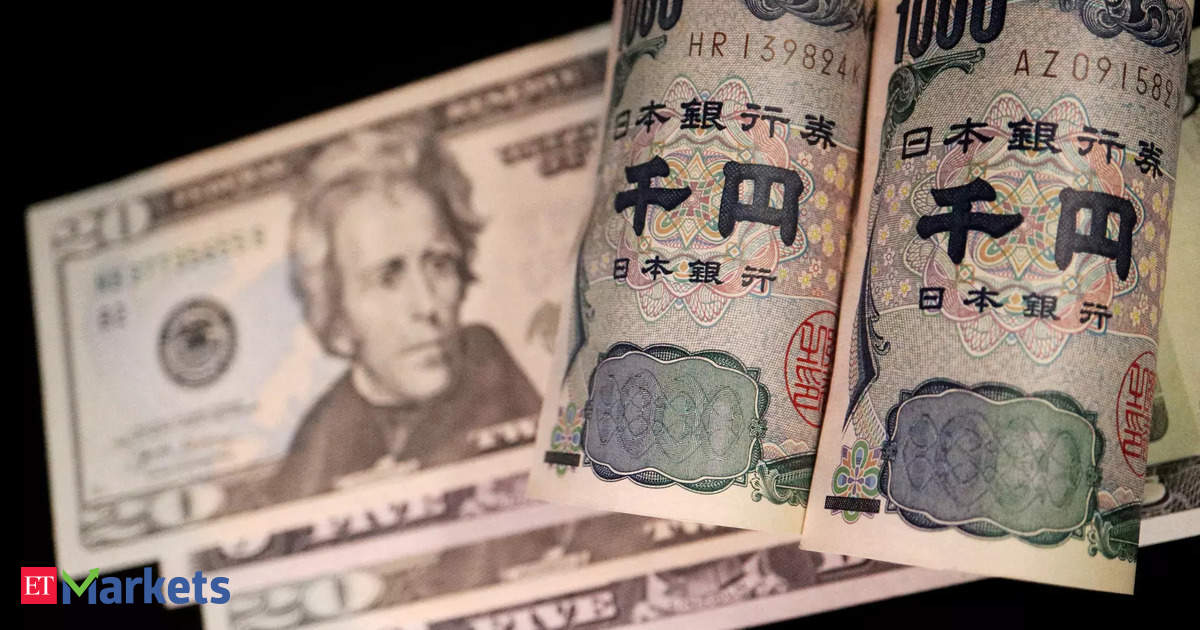Yen feels the heat as US Treasury yields climb
Finance Minister Shunichi Suzuki said on Tuesday authorities won't rule out any options in dealing with excessive yen moves, repeating his warning that Tokyo is ready to act against the currency's recent sharp declines.
The threat of intervention from Tokyo has kept the dollar from breaching the closely-watched 152 yen level, even as U.S. Treasury yields - which the dollar/yen pair tends to closely track - climb.
"USD/JPY will continue to move in a tight range from 151.0-152.5," said Ryota Abe, an economist at SMBC.
He expects Japanese authorities to intervene in the currency market to "curb volatilities" in the event of a rapid move higher in the dollar/yen pair.
In the broader market, the New Zealand dollar rose 0.15% to $0.6041, brushing off a private think tank survey which showed the country's business confidence in the first weakened as businesses faced a range of headwinds.
Sterling tacked on 0.04% to $1.2658, while the euro steadied at $1.0860, holding near a two-week high.
Despite a rise in U.S. Treasury yields the dollar has failed to draw meaningful support as traders reassess their expectations of the pace and scale of Federal Reserve rate cuts priced in by markets for later this year.
Against a basket of currencies, the greenback languished near a two-week low at 104.13.
That's come even as the two-year Treasury yield rose to an over four-month high of 4.8010% on Tuesday, while the benchmark 10-year yield likewise held near an over four-month peak and last stood at 4.4278%. [US/]
Futures now point to roughly 60 basis points of easing priced in for the Fed this year, with markets growing increasingly doubtful of an easing cycle beginning in June.
"It's been a few days now, where we're seeing an increasing disconnect between what's happening in U.S. Treasuries, in particular an ongoing new year-to-date highs in Treasury yields, but the dollar is failing to respond to that," said Ray Attrill, head of FX strategy at National Australia Bank (NAB).
"Fundamentally, our sense is that there are two things to note. One, we're seeing increasing signs of improvement in the rest of the world outside the United States... and I think the strength that we're seeing in commodity prices does seem to be symptomatic of - you could almost call it - a global reflation trade."
Elsewhere, the Aussie fell 0.01% to $0.6604, while the Chinese yuan stood at 7.2437 per dollar in the offshore market.
While the yuan has steadied this week in part thanks to a recent run of upbeat Chinese economic data, the currency remains within a whisker of a 4-1/2 month low of 7.2364 it struck on April 3 despite the central bank's firmer daily benchmark settings. It is down 1.8% this year.
Source: Forex-Markets-Economic Times
